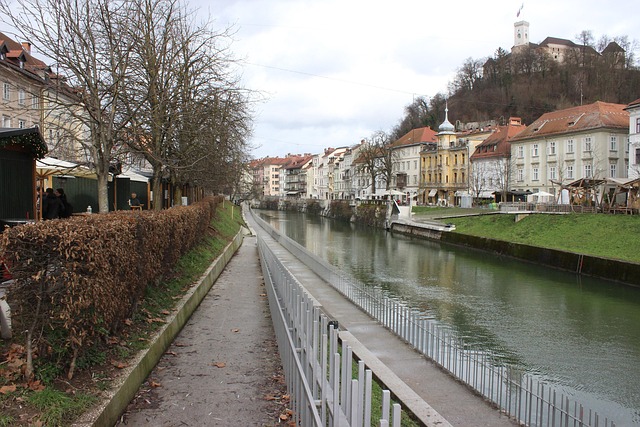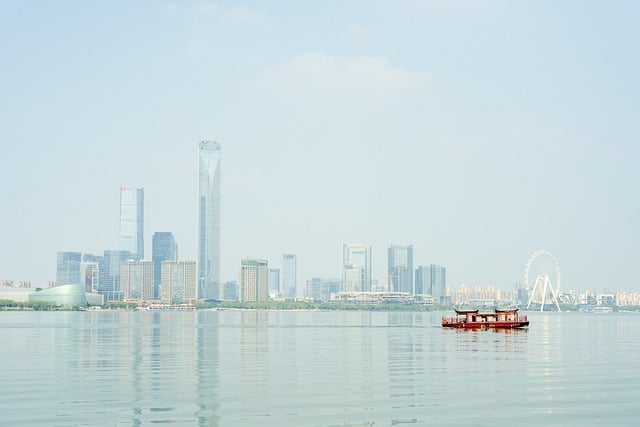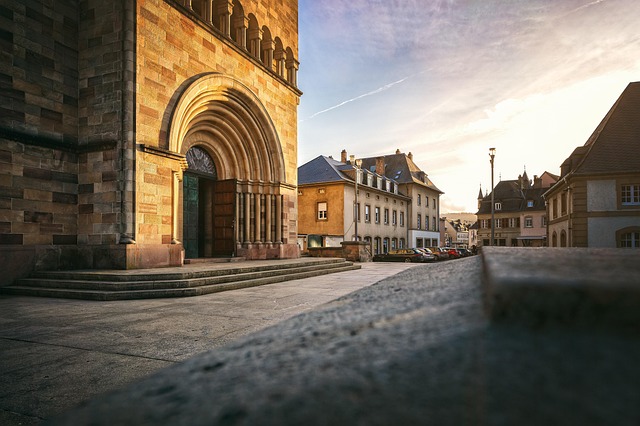Construction bylaws in Karachi are key to urban development, regulating building design and safety. These laws, updated regularly, ensure aesthetic appeal, infrastructure integrity, and sustainable growth. Khalid Bin Walid Road exemplifies this with modern architecture blending historical context. Compliance is vital for legal permits, enhancing livability, and preserving Karachi's rich cultural tapestry while adhering to government standards. Understanding local zoning rules and submitting detailed plans are crucial steps for developers aiming legal compliance and sustainable urban development in Karachi.
In the bustling metropolis of Karachi, understanding construction bylaws is paramount for any development venture. This article delves into the intricate regulations that shape the city’s skyline, focusing on Khalid Bin Walid Road, a vibrant corridor with stringent guidelines. We explore the regulatory framework, including building permits and zoning rules, offering insights for developers navigating this complex landscape. By understanding these bylaws, Karachi can foster sustainable growth while preserving its unique character.
- Understanding Construction Bylaws in Karachi
- Khalid Bin Walid Road: A Regulatory Overview
- Navigating Building Permits and Zoning Rules
Understanding Construction Bylaws in Karachi

In Karachi, understanding construction bylaws is paramount for any development project. These regulations, designed to maintain the city’s aesthetic appeal, safety, and infrastructure integrity, govern everything from building height and design to noise levels and waste management. Adhering to these bylaws not only ensures a harmonious urban environment but also facilitates smoother approval processes and avoids potential legal hurdles.
Karachi’s construction bylaws are dynamic, reflecting the city’s evolving needs and challenges. Developers and architects must stay informed about updates and amendments to ensure their projects comply with the latest standards. This involves careful planning, consultation with local authorities, and sometimes even adapting designs to fit within the prescribed guidelines, ultimately contributing to a more sustainable and picturesque Karachi.
Khalid Bin Walid Road: A Regulatory Overview

Khalid Bin Walid Road, a significant urban artery in Karachi, is subject to stringent construction bylaws designed to maintain the city’s aesthetic appeal and structural integrity. These regulations are pivotal in ensuring that development along this vibrant corridor aligns with the area’s unique character. The bylaws dictate building heights, set back distances, and material choices, fostering a harmonious blend of modern architecture and historical context.
For developers and architects navigating these guidelines, understanding the local rules is paramount. Compliance not only ensures legal permissibility but also contributes to the overall sustainability and livability of Karachi. By adhering to these regulations, projects along Khalid Bin Walid Road can become exemplary showcases of responsible urban development, enhancing the quality of life for residents while preserving the city’s rich cultural tapestry.
Navigating Building Permits and Zoning Rules

Navigating Building permits and zoning rules is a crucial step in any construction project in Karachi. Understanding local bylaws ensures structures comply with safety, health, and environmental standards set by the government. The process involves submitting detailed plans to the relevant municipal authorities for approval. This includes architectural blueprints, structural calculations, fire safety measures, and adherence to specific zoning regulations based on the area’s designated use—residential, commercial, or industrial.
In Karachi, these permits are typically issued by the local municipal corporation after thorough inspections. Developers must ensure their projects align with the city’s master plan and zoning guidelines, which dictate factors like building height, set-backs, and permitted uses. Adherence to these rules is essential not only for legal compliance but also for ensuring sustainable and harmonious urban development.
In conclusion, navigating construction bylaws, such as those governing Khalid Bin Walid Road in Karachi, is essential for any development project. Understanding these regulations, including building permits and zoning rules, ensures compliance with local guidelines and facilitates smoother construction processes. By adhering to these directives, developers and builders can contribute to the organized growth of Karachi while creating safe, sustainable, and legally sound structures.

Leave a Reply